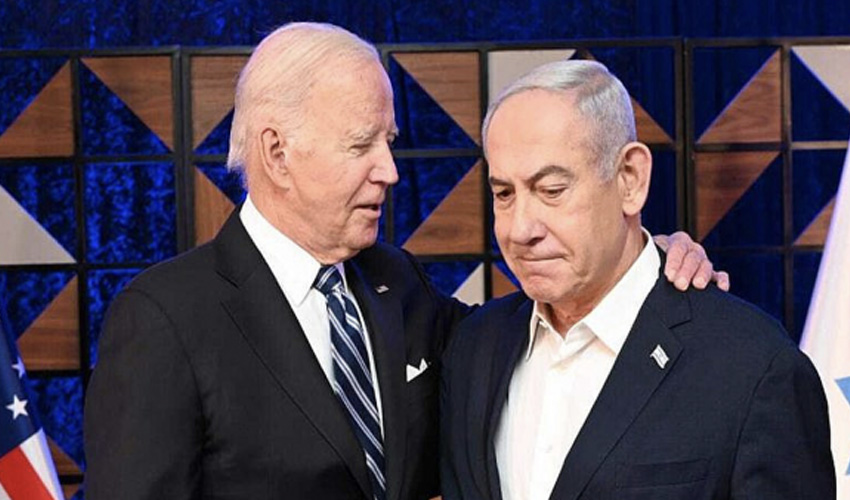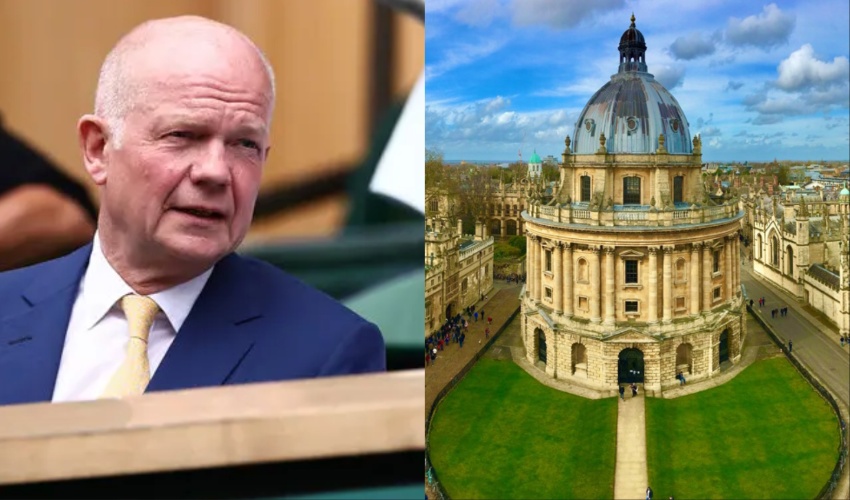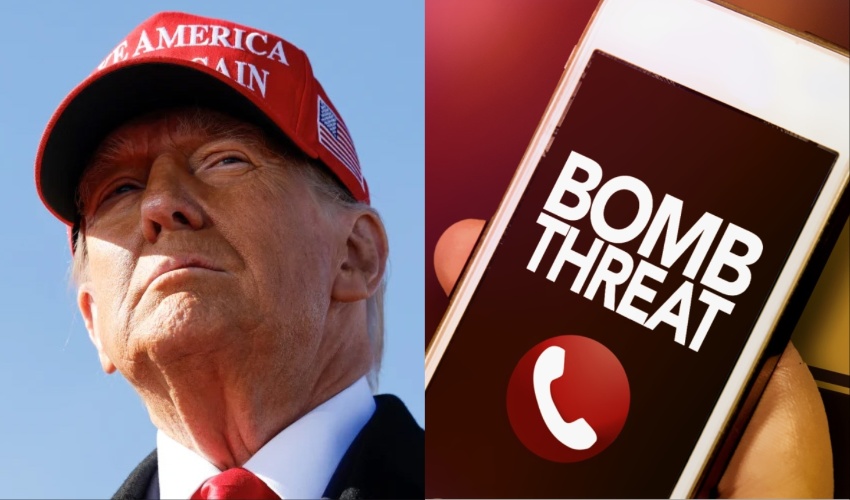US President Joe Biden has provisionally approved a $680 million arms sale to Israel, reports indicated on Wednesday, a move that coincides with renewed American efforts to mediate a Gaza ceasefire.
The deal, reportedly months in the making, includes small-diameter bombs and joint direct attack munition kits (JDAMs) that convert unguided bombs into precision-guided weapons. The timing of the announcement underscores the dichotomy in US policy — advocating for peace while arming Israel in its ongoing conflict with Hamas and Hezbollah.
The arms package, which had been reviewed by congressional committees in September and submitted for wider scrutiny in October, comes on the heels of a US-brokered ceasefire between Israel and Hezbollah in Lebanon. That truce, announced by President Biden on Tuesday, requires Israel to withdraw forces from Lebanon within 60 days.
Ceasefire prospects in Gaza
During his White House address, Biden reiterated his administration's commitment to seeking a ceasefire in Gaza, stating that upcoming diplomatic efforts would involve key regional players, including Turkey, Egypt, and Qatar. "Over the coming days, the United States will make another push to achieve a ceasefire in Gaza — one that secures the release of hostages and ensures Hamas no longer remains in power," he said.
The conflict in Gaza has seen catastrophic casualties, with Israeli strikes killing over 44,000 Palestinians since the escalation began on October 7, following a Hamas-led attack that left 1,139 Israelis dead. In Lebanon, more than 3,800 people have died over the past 13 months in clashes between Israeli forces and Hezbollah.
Critics have questioned the US’s role in the conflict, particularly its reluctance to leverage its military support for Israel to pressure a ceasefire. Calls from Democratic lawmakers, including Senator Bernie Sanders, to halt $20 billion in arms sales have failed to gain sufficient traction in Congress.
Contradictions in policy
The Biden administration has repeatedly denied using arms sales as leverage in ceasefire negotiations. A senior US official, speaking to reporters on Wednesday, rejected the notion that arms transfers played any role in brokering the Israel-Hezbollah agreement.
“No part of this negotiation involved weapons on either side,” the official said.
However, human rights advocates and international observers have criticised Washington's dual approach, with one side pushing for peace while the other facilitates military support to Israel.
The latest arms package underscores the enduring US-Israel alliance and raises questions about Washington's ability to serve as an impartial mediator in the Middle East conflict.



























